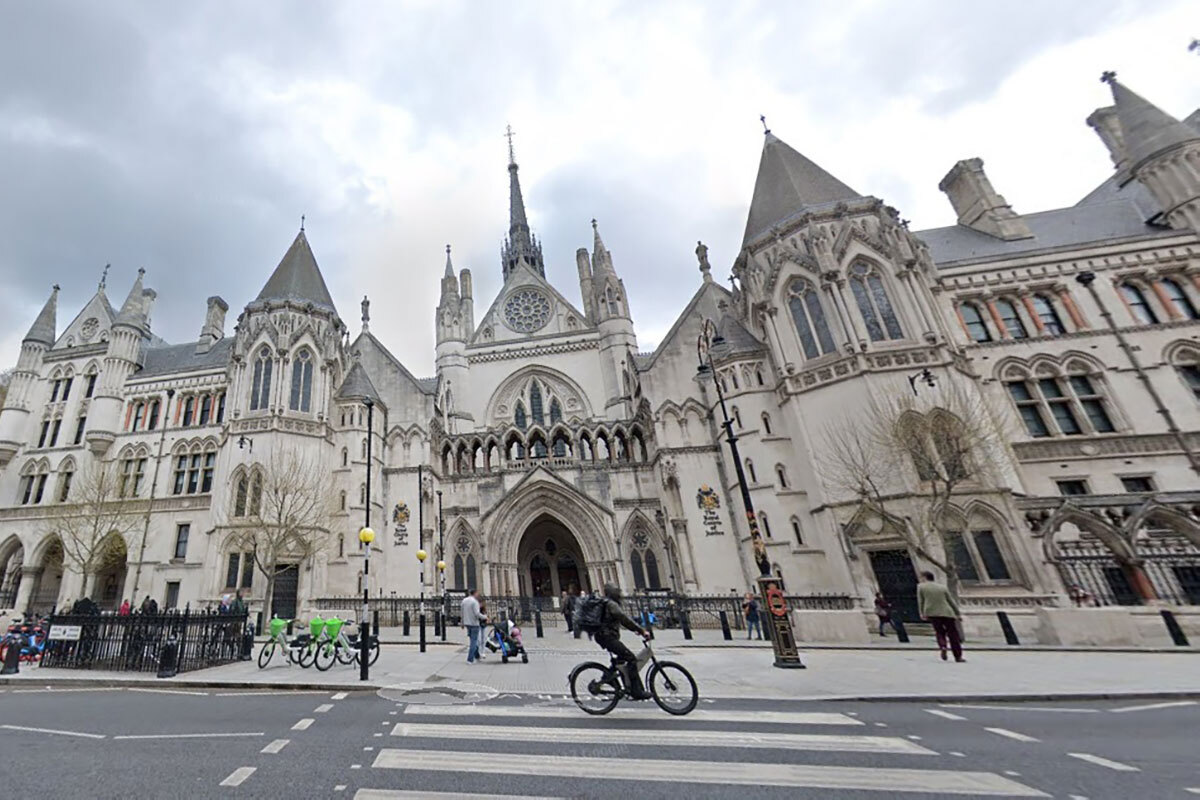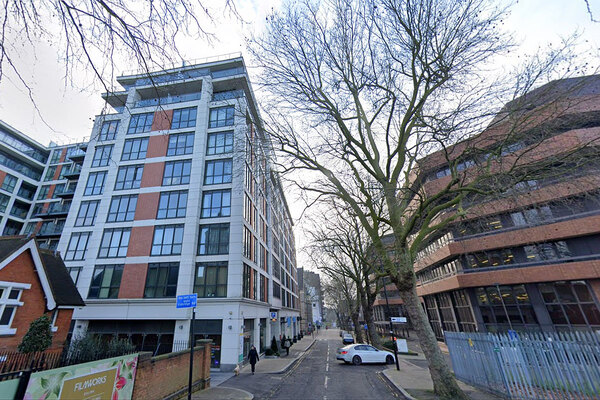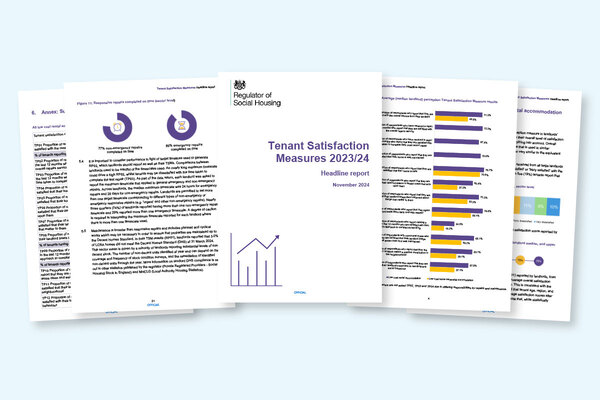You are viewing 1 of your 1 free articles
Tribunal to rule on whether flat-rate service charge on specific estate is ‘reasonable’
A first-tier tribunal (FTT) will decide whether it is reasonable for a landlord to charge a flat-rate service charge derived from part of its portfolio to apportion costs on a specific estate.
High Court judges has asked a FTT to rule oh whether service charges of £300 per year payable to housing association Accent Housing could be “unreasonable”, following a five-year-long legal battle.
A dispute over the “payability and reasonableness” of flat-rate management charges will now go back to the FTT, following an appeal on an earlier upper-chamber ruling.
Lord Justices Snowden, Dingemans and Jackson upheld part of a previous ruling that referred to the management fees charged by Accent, which has a nationwide portfolio of more than 20,000 properties.
The case involved the interrogation of discrepancies in wording with the four leases held by Howe Properties, including whether or not the payments referred to “proportionate” property management expenditure on the estate of 130 dwellings.
Legal representatives for Accent argued that the earlier ruling had “significant implications” for its business, because 1,000 of its properties contain similar wording in their leases, which raises a precedent for future disputes.
Giles Peaker, a partner at Anthony Gold Solicitors, explained that it is difficult to determine how significant a ruling against Accent would be, as it is difficult to ascertain how many landlords might be calculating service charges in this way, due to the opaque nature of how the costs are calculated.
In 2019, Howe took Accent to a FTT using the Landlord and Tenant Act 1985 to challenge the service charges levied by Accent for the financial years ending on 31 March 2017, 2018 and 2019 on the four properties it holds at a Yarm estate.
In its evidence, Howe suggested that the management services it received from Accent were not worth £300 per year and pointed out that other leaseholders were charged £150 and £50 a year for the same services.
On 15 February 2022, the first-tier tribunal ruled in favour of Accent, stating that the £300 management fee was “within the spectrum of reasonable charges for the work undertaken”. It also found that Accent had managed the estate to a high standard.
However, in October 2022, Judge Elizabeth Cooke ruled in favour of Howe on appeal, concluding that the £300 was “manifestly not calculated by reference to expenditure since it is advertised as a flat rate on several estates”.
Judge Cooke also ordered Accent to provide information that made it clear how the £300 charge for management services had been calculated.
Accent provided a ‘statement of cost of management’ document, which revealed the £300 fee was the result of dividing part of Accent’s general corporate payroll costs and other overheads amounting to £997,536 among the 3,058 properties in its national portfolio that it categorised as ‘tier 3’ properties, giving an average figure of £326.
In the High Court ruling, Justice Snowden said he allowed the appeal against Judge Cooke’s limited interpretation of the wording in some of the leases, but added: “I would, however, uphold her decision to the extent that the flat-rate management charge was set by Accent by reference to its costs of dealing with properties not on the estate.”
The judges have remitted the “outstanding challenge by Howe to the payability and reasonableness of the management charge for the three years in question (ending 31 March 2017, 2018 and 2019)” to a first-tier tribunal for further consideration.
A spokesperson for Accent told Inside Housing: “We are aware of the published determination in respect of the case of Howe Properties v Accent Housing; this is the decision we anticipated.
“The case has now been remitted back to the first-tier tribunal for determination. As such we will be unable to make further comment whilst the case is ongoing.”
Inside Housing understands that while the management fee at is derived from ’tier 3’, the case now being referred to the FTT relates to this estate only and any other challenge would be based on the management at that specific scheme. If the FTT determines that the £300 management fee is unreasonable, tit would not mean that this would be unreasonable across the board.
At the end of last year, the landlord revealed it was mapping flood-risk areas and investigating overheating in its properties as part of its environmental, social and governance strategy.
Update: at 19.05, 16.04.24
This article was updated to better reflect the potential outcome and impact of any FTT ruling.
Sign up for our asset management newsletter
Already have an account? Click here to manage your newsletters












